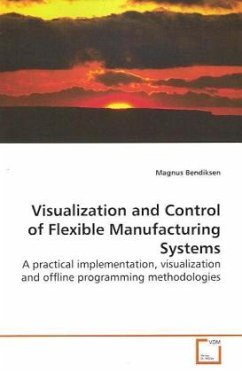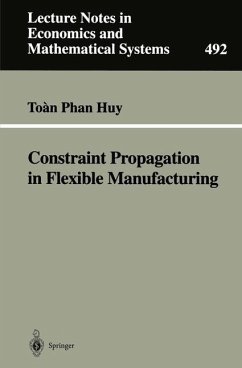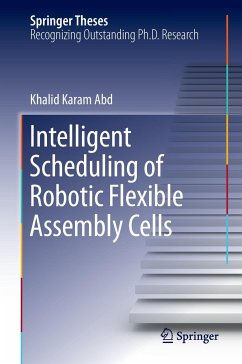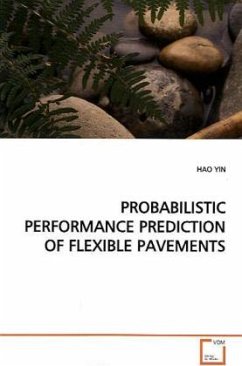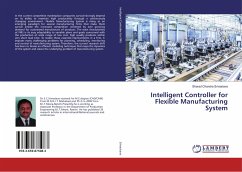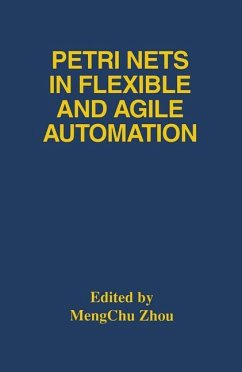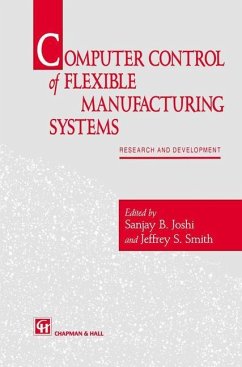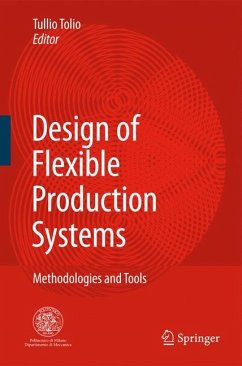
Scheduling Flexible Manufacturing Cells
A Mathematical Approach
Versandkostenfrei!
Versandfertig in 6-10 Tagen
39,99 €
inkl. MwSt.

PAYBACK Punkte
20 °P sammeln!
Scheduling of resources and tasks has been a key focus of manufacturing-related problems for many years. With increased competition in the global marketplace, manufacturers are faced with reduced profit margins and the need to increase productivity. This book focuses on production scheduling of jobs within a flexible manufacturing cell (FMC). The major objective shows a methodology that minimizes the manufacturing makespan. Due to the complexity of the FMC scheduling problem, a 0-1 mixed-integer linear programming (MILP) model is formulated for M-machines and N-jobs with alternative routings. ...
Scheduling of resources and tasks has been a key focus of manufacturing-related problems for many years. With increased competition in the global marketplace, manufacturers are faced with reduced profit margins and the need to increase productivity. This book focuses on production scheduling of jobs within a flexible manufacturing cell (FMC). The major objective shows a methodology that minimizes the manufacturing makespan. Due to the complexity of the FMC scheduling problem, a 0-1 mixed-integer linear programming (MILP) model is formulated for M-machines and N-jobs with alternative routings. Although small instances of the problem can be solved optimally with commercial optimization software packages, the proposed two-stage Tabu Search algorithm solves medium-to-large problems more efficiently. Tests show that the proposed algorithm is very effective in solving small, medium, and large size FMC scheduling problems, and it provides a tremendous savings in computational time as compared to exact MILP models. This book should be useful for researchers or professionals in manufacturing related fields, or anyone else who wants to make an improvement in a true FMC environment.



